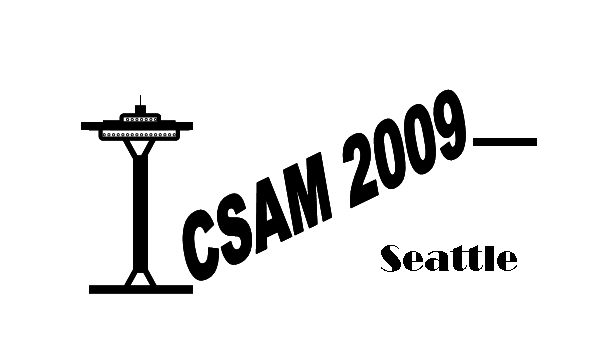Alpha/beta titanium alloys show superplasticity in certain conditions. Temperature, strain rate and superplastic behavior depend on alloy chemistry, grain size, morphology and volume fraction of two phases. Ti-5Al-4V-0.6Mo-0.4Fe alloy (Ti-54M) is a new alloy developed at TIMET. The alloy has commercially been produced with Electron Beam Single Melt process for automotive forging applications. Evaluations of other product forms are currently in progress targeting various applications. The alloy exhibits superior machinability in most of machining conditions and strength comparable to that of Ti-6Al-4V. The alloy possesses relatively lower flow stress at elevated temperatures, which is believed to be one of contributors to its superior machinability. Lower flow stress is also favorable to superplastic forming. Since the beta transus of Ti-54M is lower than Ti-6Al-4V, and the alloy contains iron, a fast diffuser, superplasticity at lower temperature than Ti-6Al-4V is expected. In the present study, Ti-54M sheets were manufactured in a laboratory scale and m-values (strain rate sensitivity) were measured in accordance with ASTM E2448-06. In this paper, the effects of strain rate, temperature and microstructure on SPF properties will be introduced and discussed. Microstructural development during superplastic forming will also be discussed.
<< back
ICSAM 2009
June 29 - July 2, 2009
Bell Harbor International Conference Center
Seattle Washington
International Conference on Superplasticity in Advanced Materials 2009
10th International Conference on Superplasticity in Advanced Materials
©2008 University of Washington. All rights reserved.
©2008 University of Washington. All rights reserved.